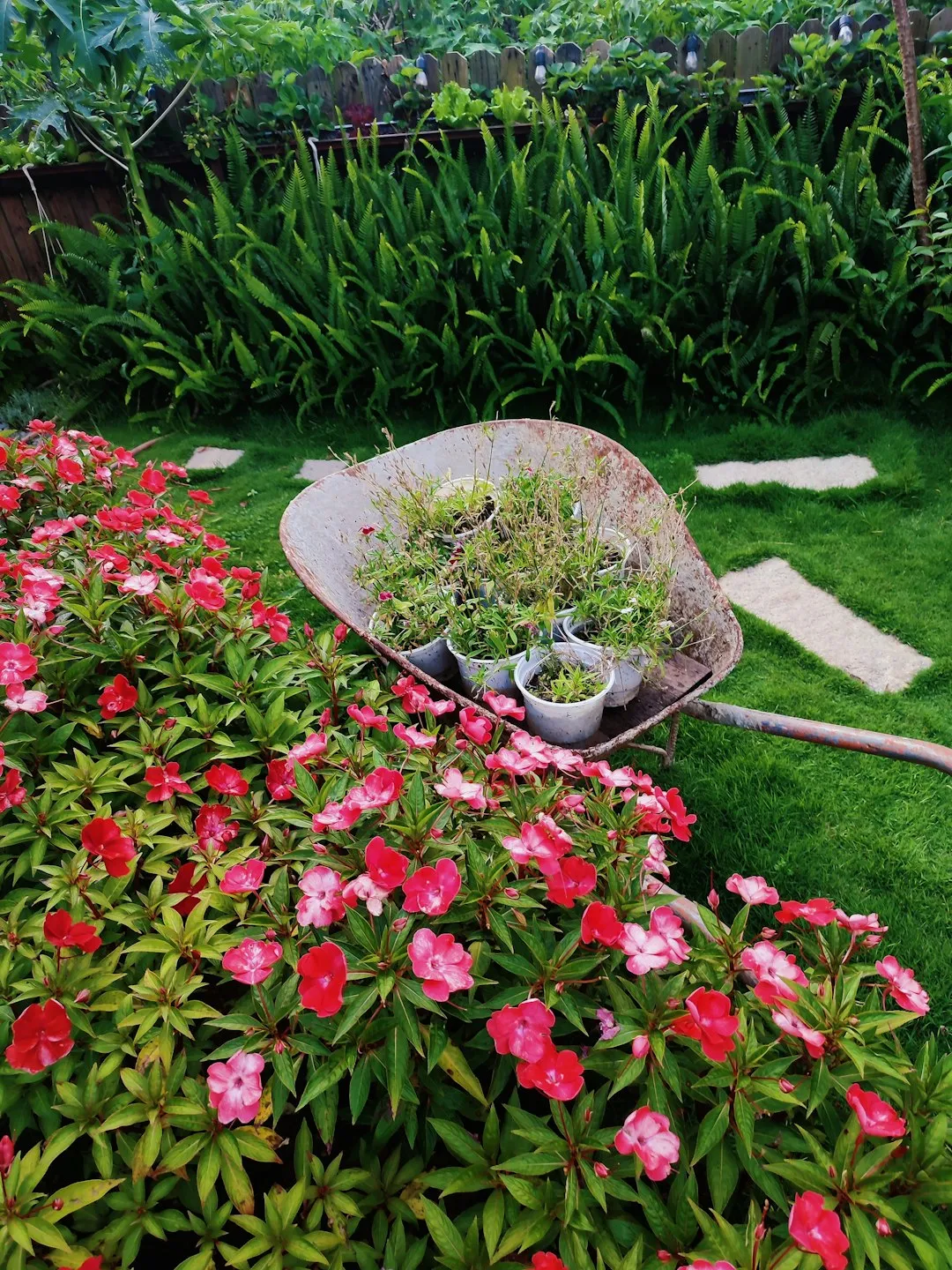The Secret to a Bug - Free Edible Garden

Edible gardening is a rewarding activity that allows you to grow your own fresh and healthy produce. However, one of the biggest challenges faced by gardeners is dealing with bugs. Harsh sprays may seem like a quick fix, but they can be harmful to the environment, beneficial insects, and even your health. Fortunately, there are several simple strategies that can help you keep bugs at bay and grow a healthy harvest without relying on these chemicals.
Companion Planting
Companion planting is a time - honored technique in which different plants are grown together for mutual benefit. Some plants have natural properties that repel bugs. For example, marigolds are well - known for their ability to deter nematodes, which are microscopic worms that can damage the roots of vegetable plants. Planting marigolds around your tomato, pepper, or cucumber plants can help protect them from these pests.
Another example is basil. Basil not only enhances the flavor of tomatoes when used in cooking but also repels mosquitoes and flies. Interplanting basil with your tomato plants can be a great way to keep these annoying bugs away from your garden. Garlic is also a powerful companion plant. Its strong odor can repel a wide range of insects, including aphids, cabbage worms, and carrot flies. You can plant garlic near your brassicas (such as broccoli and cauliflower) or carrots to protect them.
Attract Beneficial Insects
Beneficial insects are nature's pest control agents. Ladybugs, for instance, are voracious eaters of aphids, which are one of the most common pests in vegetable gardens. You can attract ladybugs to your garden by planting flowers such as dill, fennel, and yarrow. These flowers provide nectar and pollen for the ladybugs, and in return, they will help keep the aphid population in check.
Lacewings are another beneficial insect. They feed on aphids, mites, and other small insects. To attract lacewings, you can plant cosmos, sweet alyssum, and goldenrod. By creating a habitat that is attractive to these beneficial insects, you can establish a natural balance in your garden and reduce the need for chemical pesticides.
Proper Garden Hygiene
Maintaining good garden hygiene is crucial for preventing bug infestations. Remove any dead or diseased plants promptly. These plants can attract pests and serve as a breeding ground for them. Fallen leaves and debris should also be cleared away regularly. They can harbor insects and fungi that can cause problems in your garden.
Pruning your plants properly is also important. Overcrowded plants can create a humid and dark environment that is favorable for bugs. By pruning to improve air circulation and sunlight penetration, you can make your plants less attractive to pests. Additionally, make sure to clean your gardening tools regularly. Tools can carry pests and diseases from one plant to another, so keeping them clean can help prevent the spread of problems.
Use Natural Remedies
There are many natural remedies that can be used to control bugs in your edible garden. One of the simplest is a homemade insecticidal soap. You can make this by mixing a few tablespoons of liquid dish soap with a gallon of water. Spray this solution on the affected plants to kill soft - bodied insects such as aphids, whiteflies, and spider mites.
Neem oil is another effective natural remedy. It is derived from the neem tree and has insecticidal and fungicidal properties. Neem oil can be used to control a wide range of pests, including caterpillars, beetles, and thrips. Dilute neem oil according to the instructions on the product label and spray it on your plants. Garlic spray is also a great option. Blend a few cloves of garlic with water, strain the mixture, and then spray it on your plants. The strong smell of garlic will repel many insects.
Physical Barriers
Physical barriers can be an effective way to keep bugs away from your plants. For example, you can use row covers to protect your plants from flying insects such as cabbage moths and carrot flies. Row covers are made of lightweight fabric that allows sunlight, water, and air to reach the plants while keeping pests out.
You can also use copper tape around the base of your plants to deter slugs and snails. These pests dislike the electrical charge they receive when they come into contact with copper. Another option is to create a barrier of diatomaceous earth around your plants. Diatomaceous earth is made from the fossilized remains of diatoms and has sharp edges that can cut through the exoskeletons of insects, causing them to dehydrate and die.
In conclusion, by implementing these simple strategies, you can keep bugs at bay in your edible garden without using harsh sprays. Companion planting, attracting beneficial insects, maintaining proper garden hygiene, using natural remedies, and employing physical barriers are all effective ways to grow a healthy and bountiful harvest. So, roll up your sleeves, get out into the garden, and start enjoying the fruits (and vegetables) of your labor!